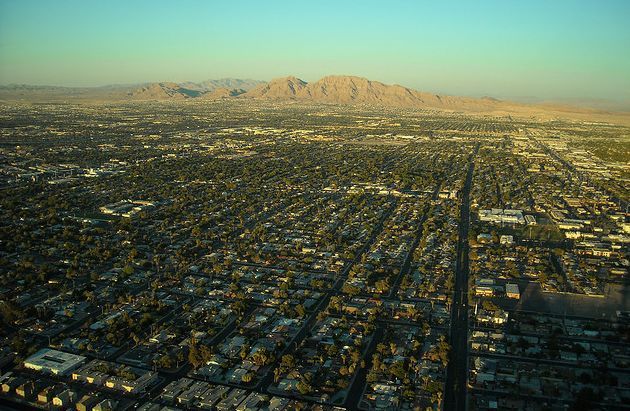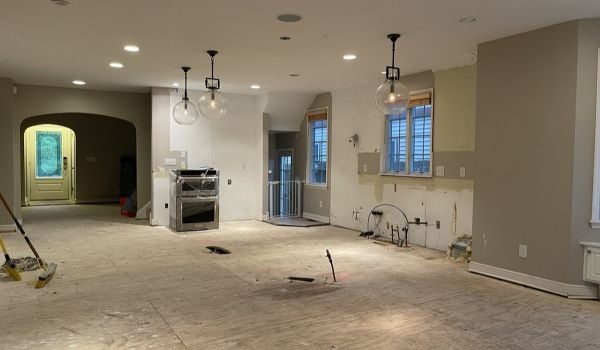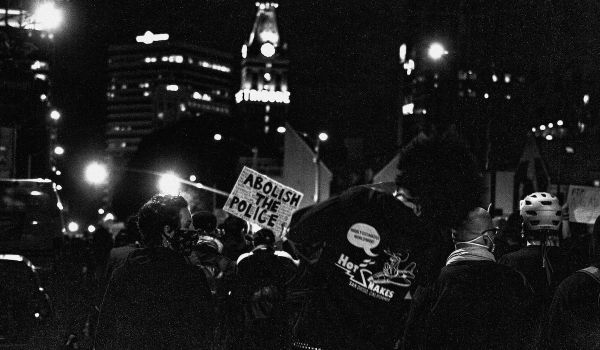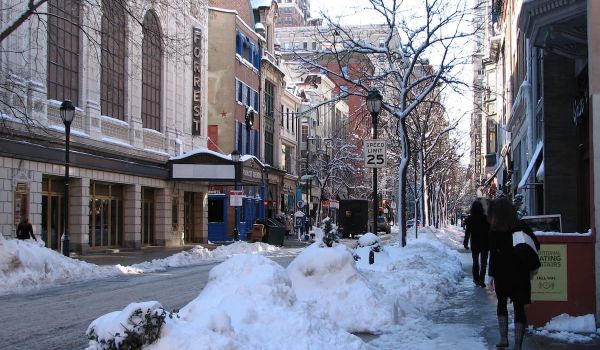This piece originally ran on February 22, 2011.
Pick an American person at random and you’re more likely to select someone living in the suburbs than an inhabitant of a central city or a rural locale: The United States has become, more than anything else, a suburban nation. Until recently, however, the urban planning discussion has been constrained to the dense core where most problems — and opportunities — seemed to lie.
With demographic change, though, the suburbs have become a fertile ground for rethinking the American landscape. No longer are these places bastions of the white middle class; rather, they are becoming diverse melting pots, attracting a wide range of groups, including a significant percentage of the nation’s poor. Even the most basic aspects of suburban living are being put into question; now two-thirds of houses there have no children in them! And though they once symbolized growing American modernity in the post-war period, many suburbs now suffer from the same sort of decay that has been attacking inner cities for decades.
If there’s a lesson from this, it is that the old lines drawn between city and suburb may no longer apply so neatly.
It was appropriate, then, that North Carolina State University’s 2011 Urban Design Conference, held earlier this month, focused on the “Sustainable Suburb.” Though held in a Downtown Raleigh convention hall, the meeting was enlightening in its exploration of the ways suburbs can evolve to adapt to their new realities.
Most interesting was Ellen Dunham-Jones, whose Retrofitting Suburbia (with June Williamson) has become a frequently cited handbook for people looking for ways to reconfigure their environments for a new century. The book shows how strip shopping centers can be morphed into churches and how office parks can be densified.
At the conference, Dunham-Jones focused on older adults to illustrate why these changes are necessary. “The baby boomers want to be really engaged, they want to walk places, and they want to age in place,” she argued. “But we haven’t build the landscape for that.” Rather than suggesting that the suburbs simply be abandoned to reflect the fact that they may be ill-suited for contemporary needs, the answer may be reconfiguring them. If the conference’s theme asked participants to consider how to improve the environmental performance of the suburban landscape, Dunham-Jones highlighted the importance of reusing what we already have in order to do so.
But whereas Dunham-Jones focused on the individual building, Patrick Condon, a professor at the University of British Columbia in Vancouver, was more explicit in his region-wide ambitions for physical transformation. Arguing that the electric streetcar allowed people all over North America to get around very easily while producing few carbon emissions at the beginning of the 20th Century, Condon promoted a return of that transportation mode. He suggested that suburbs could be reconfigured around public transportation links, rather than the automobile as are so many subdivisions and office parks. If suburbs are now car-dominated, it wouldn’t take much investment, or much time, to turn them into transit-oriented landscapes with four-story buildings along streetcar corridors and more subdivision of bungalows that are too large for the small families that now inhabit them.
This would take, though, a dramatic rethinking of the role of the suburb in the American hierarchy, as most people are probably used to thinking of the suburb as a land of people who live in single-family homes and who drive everywhere.
But if environmental goals are to be taken truly seriously by planners, we may have no choice but to reevaluate those stereotypes. “I’ve started to question the difference between urban and suburban,” Condon noted. Bill Hudnut, who was the Mayor of Indianapolis from 1976 to 1992, suggested that “In terms of planning, we have gone beyond the stage where each city can plan for itself.” Urban problems are suburban ones, and the only way we’ll be able to resolve any of them is by working together, thinking past the assumptions we have made in the past about the role of different parts of the human environment.
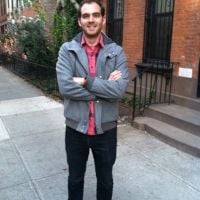
Yonah Freemark is a senior research associate in the Metropolitan Housing and Communities Policy Center at the Urban Institute, where he is the research director of the Land Use Lab at Urban. His research focuses on the intersection of land use, affordable housing, transportation, and governance.

